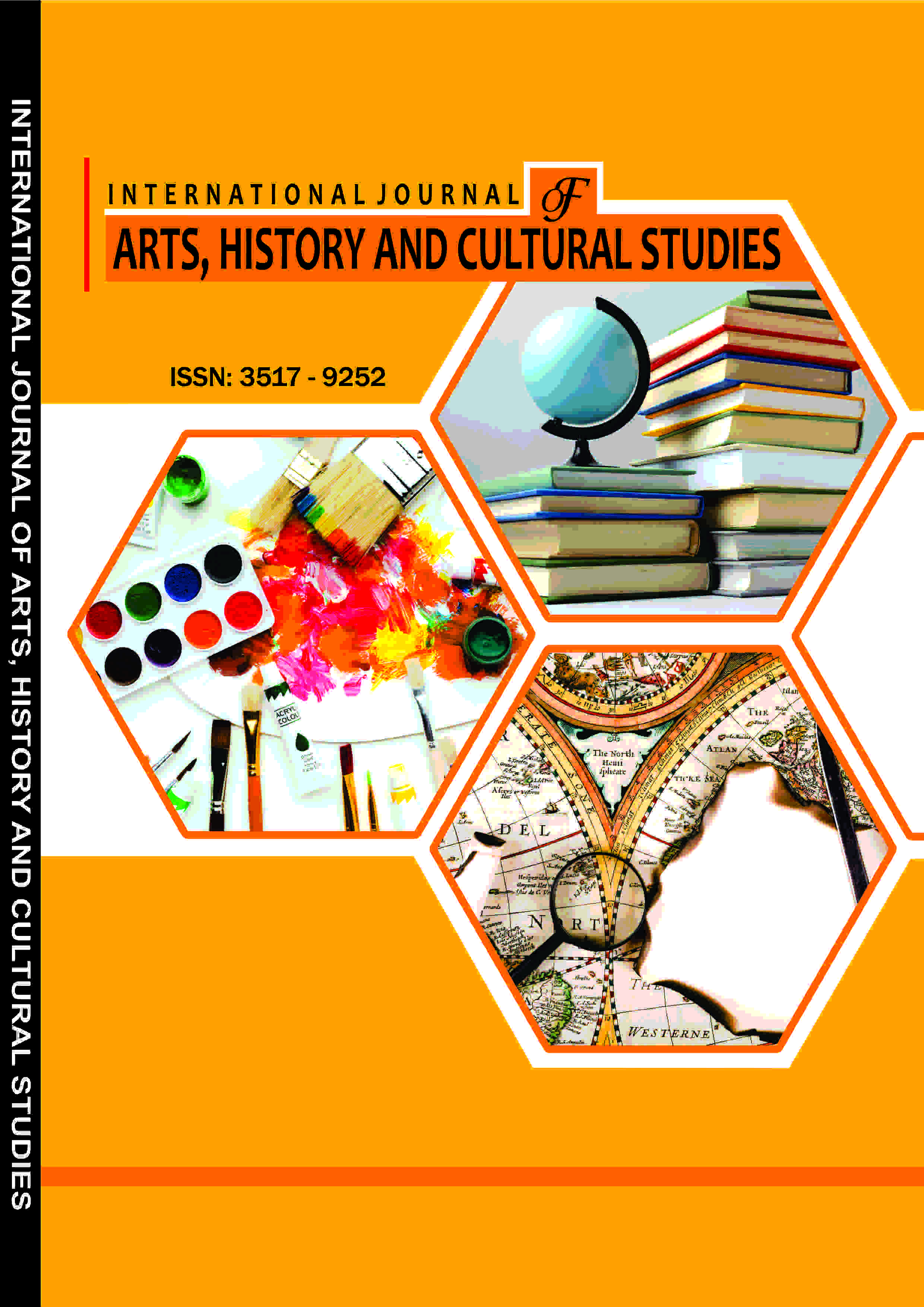INTERNATIONAL JOURNAL OF ARTS, HISTORY AND CULTURAL STUDIES (IJAHCS)
Empowering Recovery: Evaluating the Reintegration Strategies for Survivors of Child Sexual Abuse in Baguio
E-ISSN: 2695-1886
P-ISSN: 3517-9252
DOI: https://iigdpublishers.com/article/366
Sexual child abuse is a critical global issue requiring immediate intervention. While existing research has primarily focused on detection and prevention, the post-rescue experiences of victims are often neglected. This study examines the practices of CFSPI Baguio Chapter in facilitating the reintegration of child sexual abuse survivors into their communities. It aims to identify the reintegration protocols used and the challenges faced by CFSPI staff in implementing these protocols. Utilizing a qualitative descriptive design, insights will be gathered from experienced staff through unstructured interviews and analyzed via thematic coding. Preliminary findings indicate that CFSPI employs structured reintegration protocols, including family assessments, gradual transitions, and after-care services. However, challenges such as inadequate support from local government units (LGUs), lack of family preparedness, and community resource limitations hinder effective implementation and pose risks to survivors' safety. While organizations like CFSPI have established robust protocols to facilitate this reintegration process, without the active involvement of LGUs and community resources, reintegrated children remain vulnerable to exploitation and revictimization. Thus, a
thorough review of existing case management protocols is necessary to confirm their relevance in addressing Child Sexual Abuse (CSA) and to assess local coordination mechanisms. Collaborations between LGUs, DSWD, mental health professionals, and NGOs are essential for conducting reintegration workshops that equip families with skills to support children who have experienced trauma. Furthermore, financial literacy workshops should be provided to families of reintegrated children, alongside sustainable livelihood programs to promote financial independence. As families become more self-sufficient, LGUs and DSWD should gradually reduce external assistance, fostering independent coping strategies. Finally, future research should focus on gathering insights from LGUs involved in the reintegration process at the barangay level.
Karla N. Gamongan & Warren Galas Moyao
An, J., Zhu, X., Shi, Z.,&An, J.(2024). A serial mediating effect of perceived family support on psychological well-being. BMC Puclic Health, https://doi.org/10.1186/s12889-024-18476-z.
Bigras N., Vaillancourt-Morel M. P., Nolin M. C., Bergeron S. (2021). Associations between childhood sexual abuse and sexual well-being in adulthood: A systematic literature review. Journal of Child Sexual Abuse, 30(3), 332–352. https://doi.org/10.1080/10538712.2020.1825148.
Calhoun, C. D., Stone, K. J., Cobb, A. R., Patterson, M. W., Danielson, C. K., & Bendezú, J. J. (2022).
The Role of Social Support in Coping with Psychological Trauma: An Integrated Biopsychosocial Model for Posttraumatic Stress Recovery.The Psychiatric quarterly, 93(4), 949–970. https://doi.org/10.1007/s11126-022-10003-w.
Cires, M. (2022). Child sexual abuse and its effects on a young adult relationship with a sexual partner,friends, and community. Walden University.
Degrauwe, K.M., Slimmen, S.R., Gillissen, D., de Bil, P., Bosmans, V., Keemink, C., Meyvis, I.,& Kuipers, Y.J.(2023).Strengths, weaknesses, opportunities and threats of peer support among disadvantaged groups: A rapid scoping review.International Journal of Nursing Sciences,
Volume 10, Issue 4, https://doi.org/10.1016/j.ijnss.2023.09.002.
